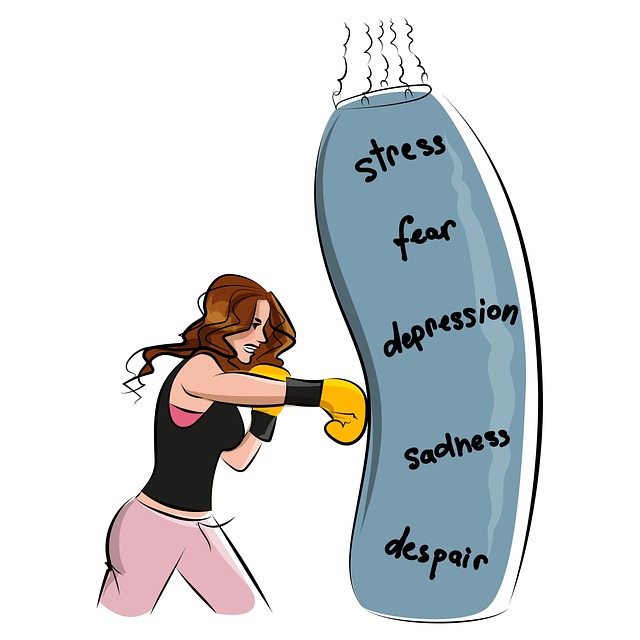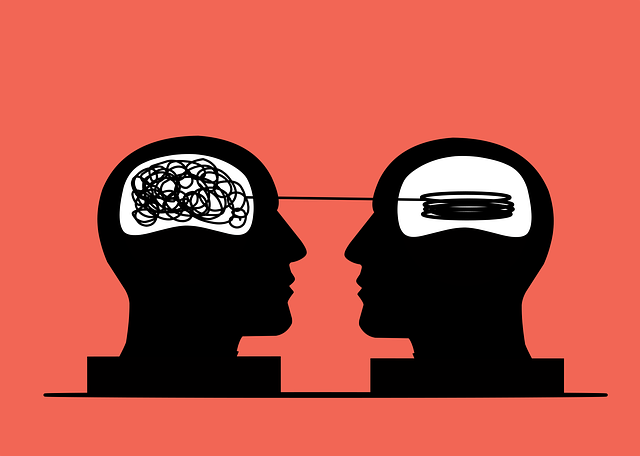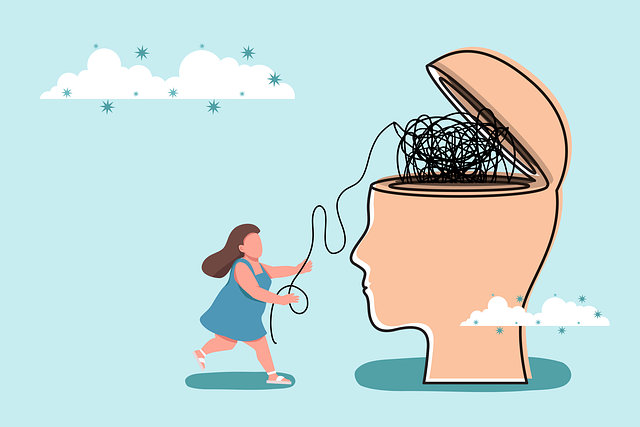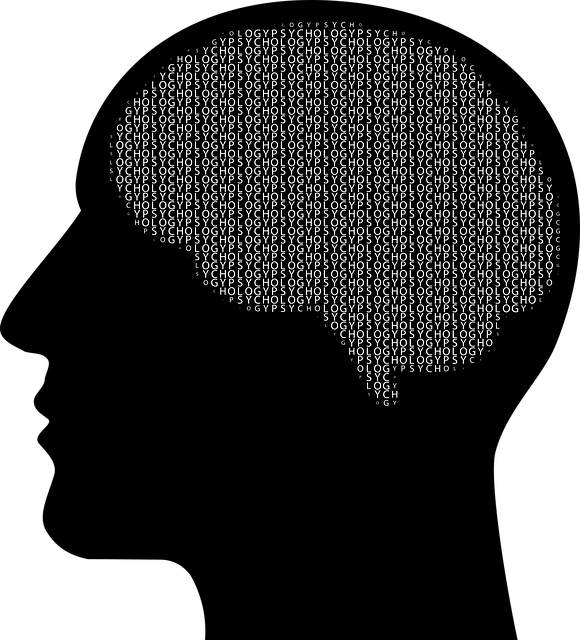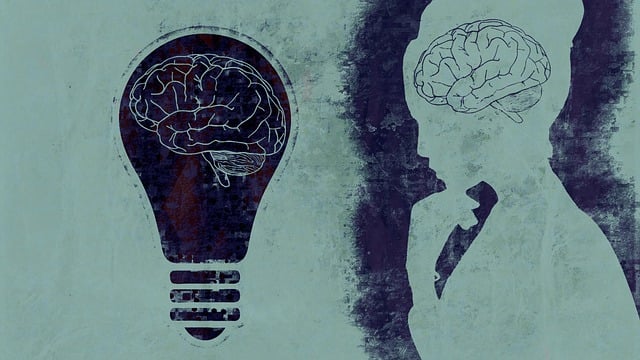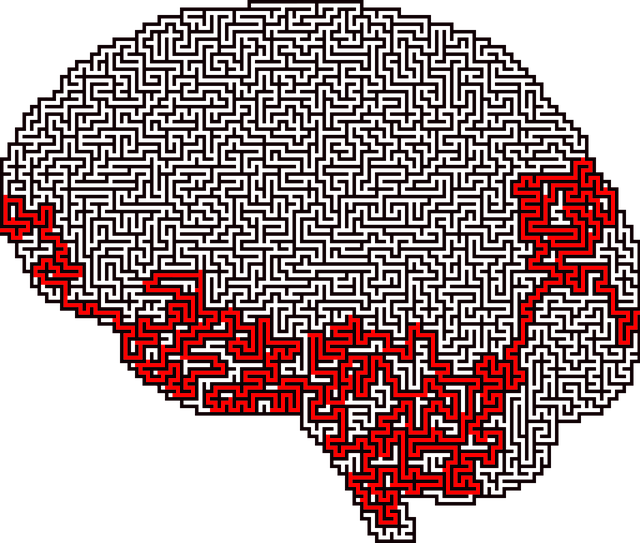Effective therapy for young adults requires a nuanced understanding of risk factors and tailoring interventions like biofeedback, mindfulness meditation, and mental wellness journaling to individual needs. Biofeedback is an innovative tool that enhances coping skills, promotes self-management, reduces stigma, and improves overall well-being. Creating comprehensive risk management plans addresses unique challenges such as trauma, academic pressures, and identity formation. Structured therapy protocols, updated with evidence-based approaches, integrate social skills training and emotional well-being promotion to foster positive outcomes and resilience among young adults.
Mental health professionals face unique challenges, with risk management being an essential component of their practice. This article explores strategies to navigate potential risks, focusing on biofeedback as a powerful tool for young adults seeking therapy. We delve into creating tailored risk management plans and implementing effective protocols. By understanding risk dynamics in mental health practice, professionals can enhance client outcomes and ensure safe, evidence-based care. Discover how biofeedback techniques offer a promising approach to mitigate risks specific to young adult clients.
- Understanding Risk in Mental Health Practice
- Biofeedback as a Risk Mitigation Tool for Young Adults
- Creating a Comprehensive Risk Management Plan
- Implementing and Reviewing the Therapy Protocol
Understanding Risk in Mental Health Practice

Understanding risk is a cornerstone of effective risk management planning for mental health professionals. In therapy for young adults, a range of factors can contribute to complex emotional landscapes, making each client’s journey unique. What may be a manageable stressor for one individual could trigger severe anxiety or depression in another. Professionals must remain attuned to these subtleties, recognizing not just the presenting issues but also the underlying vulnerabilities. This nuanced understanding is crucial when tailoring interventions, such as biofeedback, self-care practices like mindfulness meditation, and mental wellness journaling exercises, to meet individual needs.
Mental health professionals face a dual challenge: navigating the inherent complexities of their clients’ inner lives while also adhering to strict ethical guidelines. By integrating strategies that foster resilience—from therapy sessions tailored to specific needs to guidance on effective self-care practices—practitioners can create a safe and supportive environment. This proactive approach not only minimizes risks but also empowers individuals to actively participate in their mental wellness journey, ensuring they receive the most beneficial care possible.
Biofeedback as a Risk Mitigation Tool for Young Adults

Biofeedback, a therapeutic technique that enables individuals to gain awareness and control over their bodily functions, offers a promising risk mitigation tool for young adults seeking therapy. This non-invasive method allows them to learn how to regulate physiological responses associated with stress, anxiety, and even depression, thereby fostering self-management skills crucial for managing mental illness. By integrating biofeedback into treatment plans, mental health professionals can provide young adults with effective coping mechanisms that go beyond traditional talk therapy.
Incorporating biofeedback into risk management planning not only complements existing mental health interventions but also contributes to broader stigma reduction efforts and public awareness campaigns development. It empowers young adults to actively participate in their healing process, building resilience against the challenges of mental illness. Through regular practice, they can enhance their ability to stay calm under pressure, improve focus, and cultivate a deeper understanding of their emotional responses, ultimately leading to improved overall well-being.
Creating a Comprehensive Risk Management Plan

Creating a Comprehensive Risk Management Plan is an integral part of professional development for mental health professionals, especially those specializing in therapy for young adults. It involves a strategic approach to anticipate and mitigate potential risks that can impact both patient outcomes and practitioner well-being. A robust plan includes identifying specific risks relevant to the unique challenges faced by young adult clients, such as trauma, academic pressures, and identity formation.
One effective strategy within this plan is incorporating biofeedback techniques into the therapy process. Biofeedback helps individuals gain control over bodily functions often associated with stress and anxiety, fostering better emotional regulation. Additionally, focusing on burnout prevention strategies tailored for healthcare providers, including structured self-care routine development, ensures that mental health professionals can sustain their practice while maintaining optimal mental health.
Implementing and Reviewing the Therapy Protocol

Implementing a structured therapy protocol is a cornerstone of effective mental health practice for young adults. For therapists, this involves tailoring evidence-based approaches like biofeedback to meet individual client needs. By integrating techniques such as social skills training and emotional well-being promotion, professionals can create a comprehensive treatment plan that addresses both the symptoms and underlying causes of mental health issues. Regularly reviewing and updating these protocols is essential, ensuring they remain current with best practices and research findings.
Additionally, incorporating tools like mental wellness journaling exercises can enhance client engagement and self-awareness. This proactive approach not only complements therapy sessions but also empowers young adults to take ownership of their emotional well-being. Through such integrated strategies, therapists can deliver high-quality care tailored to the unique needs of this demographic, fostering positive outcomes and resilience in their clients.
Mental health professionals must navigate complex risks within their practice, particularly when treating young adults. By understanding risk dynamics in mental health, incorporating biofeedback as a valuable risk mitigation tool, and creating comprehensive management plans, therapists can enhance patient safety. Regularly implementing and reviewing therapy protocols ensures these strategies remain effective, fostering a secure environment for young adults to receive the care they need. This holistic approach leverages biofeedback and strategic planning to promote positive outcomes in therapy for this vulnerable population.


